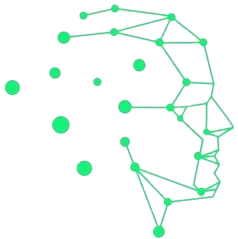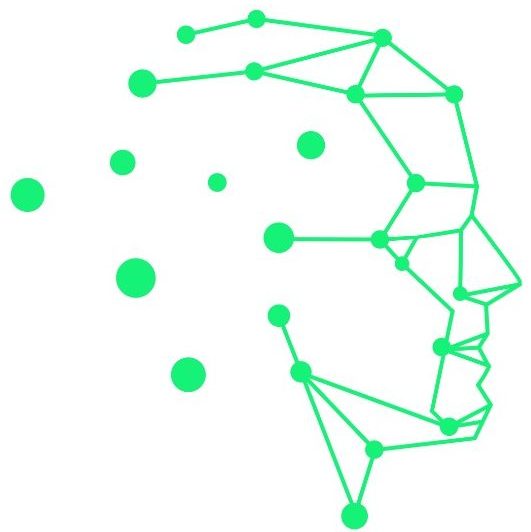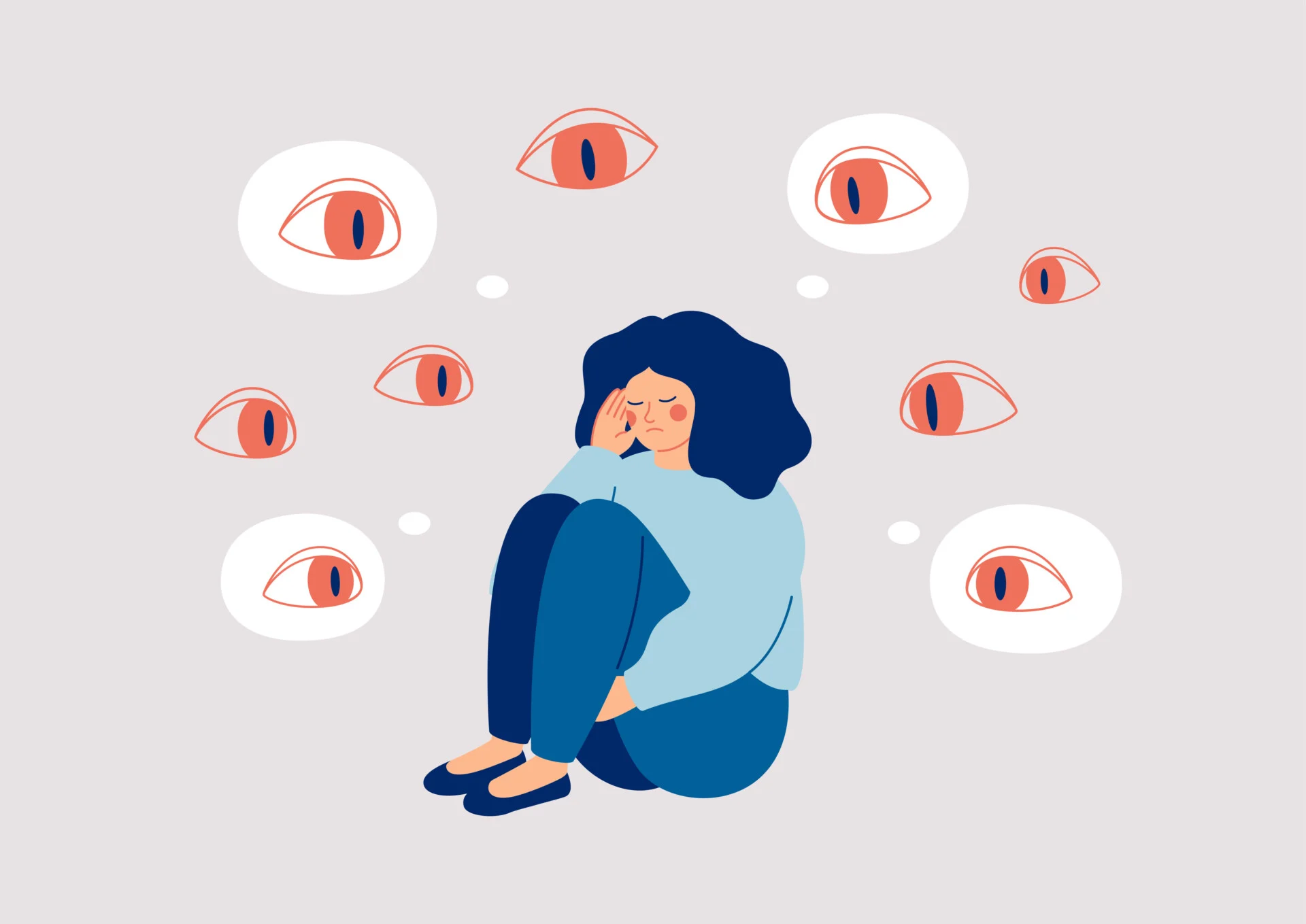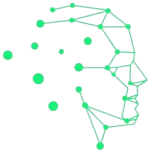Mental health plays a crucial role in our overall well-being, yet it is often overlooked. Among the most common mental health issues people face today are anxiety and depression. These conditions can affect anyone, regardless of age, gender, or background, and often go undiagnosed until they significantly impact a person’s quality of life. Recognizing the early signs of anxiety and depression is essential for timely intervention and recovery.
In this guide from Elevatingminds, we’ll explore how to identify the symptoms of depression, distinguish between anxiety vs stress, and understand the unique manifestations of depression in both men and women.
Understanding Anxiety and Depression
Before we dive into identifying signs, it’s important to understand what these conditions are:
What Is Anxiety?
Anxiety is a natural response to stress or danger. However, when anxiety becomes chronic, excessive, or occurs without a clear reason, it may be classified as an anxiety disorder. This can interfere with daily life and cause persistent worry or fear.
What Is Depression?
Depression is more than just feeling sad or down. It is a mood disorder that causes a persistent feeling of sadness and loss of interest. It affects how a person feels, thinks, and handles daily activities like sleeping, eating, or working.
While anxiety and depression are different disorders, they often occur together. Understanding the signs of anxiety and depression can help individuals and loved ones seek help sooner.
Early Symptoms of Depression

The symptoms of depression can be subtle at first, but they gradually intensify over time. Here are some of the most common early signs to watch for:
1. Persistent Sadness or Low Mood
Feeling down for a few days is normal, but if the low mood persists for more than two weeks and interferes with daily activities, it may be a sign of depression.
2. Loss of Interest in Activities
A key indicator of depression is losing interest or pleasure in hobbies, social interactions, or anything that once brought joy.
3. Fatigue and Lack of Energy
People with depression often feel constantly tired, even after a full night’s sleep.
4. Changes in Appetite and Weight
This could mean eating too much or too little, resulting in noticeable weight gain or loss.
5. Sleep Disturbances
Trouble falling asleep, waking up early, or oversleeping can all be signs of depression.
6. Difficulty Concentrating
Struggling to focus, make decisions, or remember things can indicate underlying mental health concerns.
7. Feelings of Worthlessness or Guilt
Excessive guilt over past actions or feelings of not being good enough are common in depression.
8. Irritability or Frustration
While often overlooked, increased irritability—especially in men—can be a strong sign of depression.
9. Physical Symptoms
Depression can also present physically, such as headaches, digestive issues, or chronic pain.
10. Thoughts of Death or Suicide
In severe cases, depression may lead to suicidal thoughts or behaviors. This is a medical emergency and requires immediate help.
Early Signs of Anxiety
Recognizing the early signs of anxiety is equally important. These signs may come and go or persist for months:
1. Excessive Worry
Constant, uncontrollable worry about everyday matters is a hallmark sign of anxiety.
2. Restlessness or Feeling “On Edge”
An inability to relax, even in calm environments, may indicate an anxiety disorder.
3. Muscle Tension
Tightness in the neck, shoulders, or back can be linked to chronic anxiety.
4. Rapid Heartbeat or Palpitations
Anxiety often causes physical reactions like a racing heart or sweating, even in non-threatening situations.
5. Avoidance Behaviors
Avoiding places, people, or situations out of fear or discomfort is a red flag.
6. Panic Attacks
Sudden episodes of intense fear, chest pain, or a sense of doom can signal panic disorder—an anxiety subtype.
7. Difficulty Sleeping
Like depression, anxiety can make it hard to fall or stay asleep due to racing thoughts.
8. Trouble Concentrating
An anxious mind often jumps between thoughts, making it hard to focus.
Anxiety vs Stress: Understanding the Difference
One of the most misunderstood aspects of mental health is the distinction between anxiety vs stress.
Stress
- Usually triggered by an external factor like deadlines, conflict, or responsibilities.
- Disappears when the stressor is removed.
- Can be positive in small doses (e.g., motivating performance).
Anxiety
- Internal and persistent, even when no clear stressor is present.
- Often involves irrational fear or anticipation of worst-case scenarios.
- Can continue long after the initial cause is gone.
Understanding this difference is crucial. While stress is temporary and often situational, anxiety is chronic and needs professional attention if it disrupts life.
Signs of Depression in Women

Depression can affect anyone, but it may manifest differently in women due to biological, hormonal, and social factors.
Common Signs of Depression in Women:
- Increased crying or emotional sensitivity
- Strong feelings of guilt or worthlessness
- Changes in eating habits (bingeing or loss of appetite)
- Sleeping too much or too little
- Feeling overwhelmed with daily responsibilities
- Withdrawal from family and social circles
Women are more likely to report their symptoms and seek help, but stigma and caregiving roles can delay diagnosis.
Signs of Depression in Men
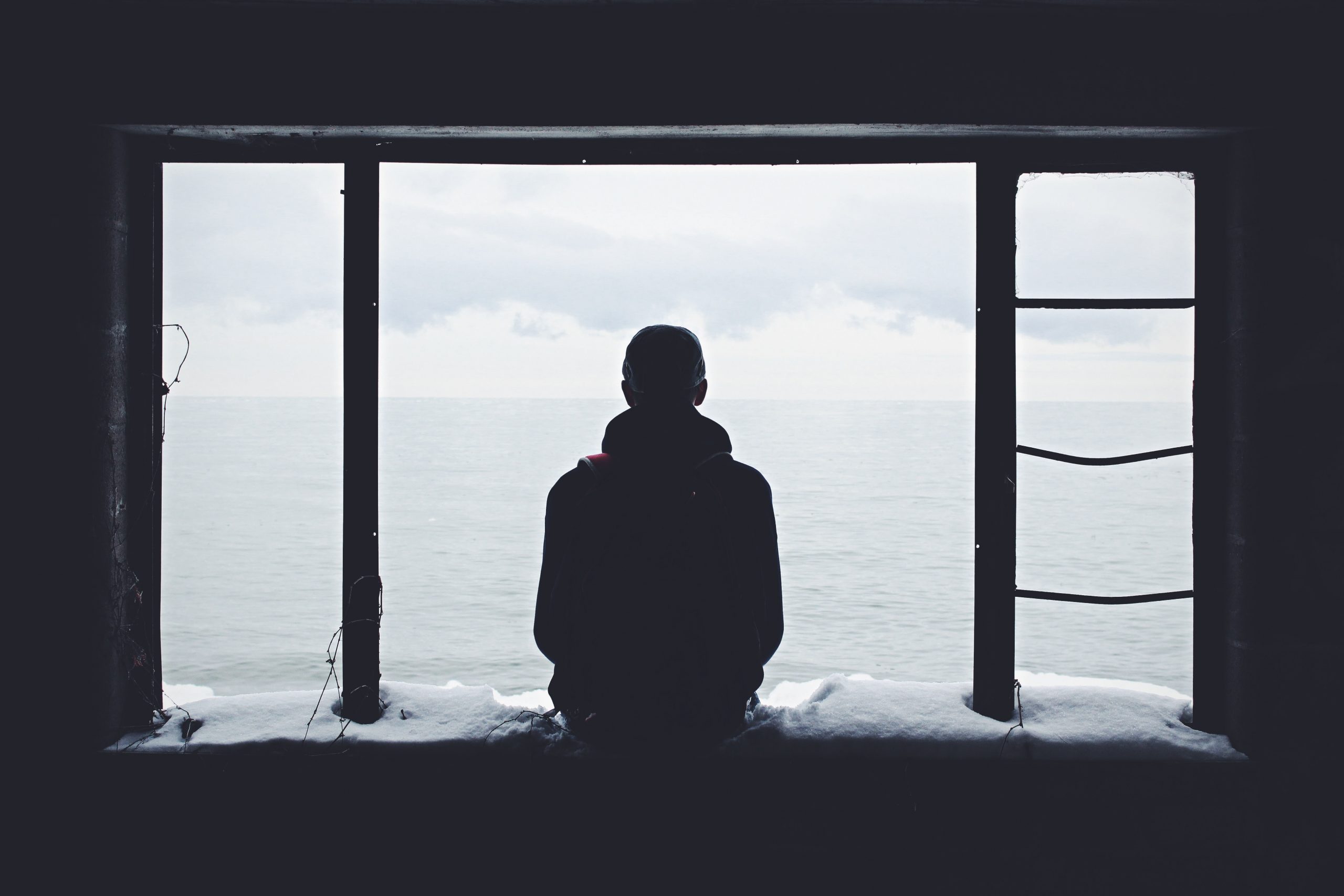
Men often experience and express depression differently, making it harder to diagnose.
Common Signs of Depression in Men:
- Increased anger, irritability, or aggression
- Risk-taking behaviors (e.g., reckless driving, substance use)
- Workaholism or avoidance of emotional topics
- Physical symptoms like back pain or headaches
- Feeling disconnected or withdrawn
- Difficulty expressing sadness or vulnerability
Due to societal expectations, men may downplay emotional struggles, emphasizing the need for proactive mental health screenings.
How Elevatingminds Can Help
At Elevatingminds, we believe early recognition and support are key to overcoming mental health challenges. Whether you’re identifying signs in yourself or someone else, it’s important not to dismiss or ignore them.
We offer:
- Confidential assessments and counseling
- Personalized treatment plans
- Anxiety and depression support groups
- Mindfulness and cognitive-behavioral therapy (CBT)
- Lifestyle coaching to improve sleep, nutrition, and self-care
- Online therapy and virtual check-ins for remote clients
Early intervention leads to better outcomes, and help is always available.
When to Seek Help
It’s normal to feel down or anxious occasionally. However, if symptoms last more than two weeks and interfere with work, relationships, or self-care, it’s time to seek help.
Reach out if you notice:
- Persistent mood changes
- Thoughts of self-harm or suicide
- Changes in appetite or sleep patterns
- Inability to concentrate
- Withdrawal from loved ones
You are not alone. Anxiety and depression are treatable with the right support.
Tips for Managing Early Symptoms
While professional treatment is essential, there are also lifestyle strategies that can help manage early symptoms:
1. Exercise Regularly
Physical activity releases endorphins and reduces stress hormones.
2. Practice Mindfulness and Meditation
Techniques like deep breathing, progressive muscle relaxation, and guided meditation help calm the mind.
3. Stay Connected
Talking to trusted friends or family can reduce feelings of isolation.
4. Limit Stimulants
Avoid excessive caffeine, sugar, and alcohol, which can exacerbate symptoms.
5. Stick to a Routine
Establishing regular sleeping, eating, and work habits helps restore balance.
6. Seek Professional Support
Don’t wait until symptoms become severe. Early therapy or counseling can prevent long-term impacts.
Supporting Someone Else
If you think someone close to you is showing signs of anxiety and depression, here’s how you can help:
- Listen without judgment: Create a safe space for them to talk.
- Offer encouragement: Suggest they see a mental health professional.
- Avoid minimizing their feelings: Phrases like “snap out of it” do more harm.
- Check in regularly: Isolation often worsens symptoms.
- Educate yourself: Understanding their experience helps you provide better support.
Final Thoughts
Recognizing the early symptoms of depression and signs of anxiety is a vital first step in addressing mental health. With greater awareness and compassion, we can support ourselves and others in navigating these challenges.
Whether you’re exploring the difference between anxiety vs stress, understanding the signs of depression in women and men, or seeking professional support, Elevating Minds is here to guide your journey to mental wellness.
If you or someone you know is struggling, don’t wait. Reach out today for compassionate, evidence-based care tailored to your needs.
Book your free consultation today
Visit: Elevatingminds.co
Email Us: support.team@elevatingminds.co
